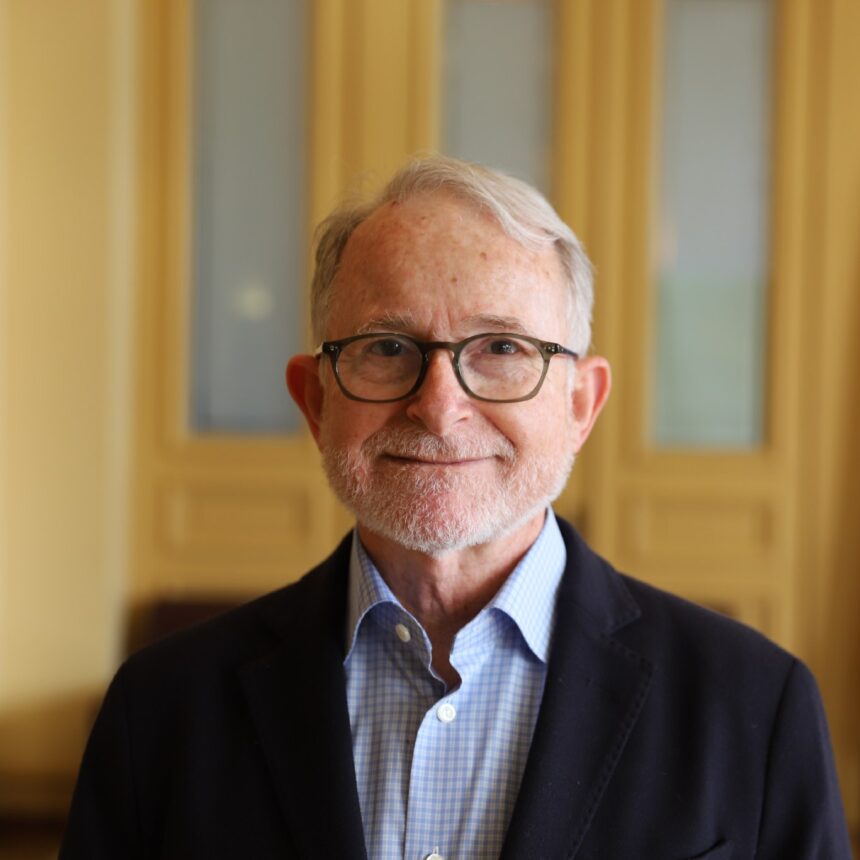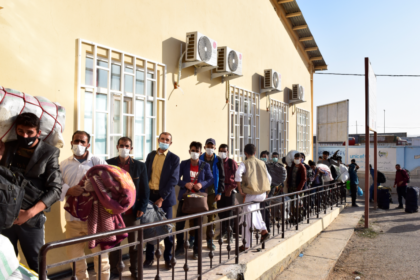RASC News Agency: Richard Bennett, the United Nations Special Rapporteur on the situation of human rights in Afghanistan, has renewed his call for the establishment of a robust, independent, and comprehensive international mechanism to investigate and hold accountable those responsible for the extensive and systematic human rights violations currently taking place under the Taliban’s authoritarian rule. In his latest report scheduled for review during next week’s session of the United Nations Human Rights Council Bennett presents a disturbing and urgent assessment of the state of human rights in Afghanistan. He draws particular attention to the targeted persecution and institutionalized repression of women and girls, who have become the primary victims of a regime that has turned its judiciary into a weapon of gender-based apartheid and ideological terror.
According to the report, rather than offering legal protection or upholding human dignity, the Taliban’s so-called justice system operates as a tool of fear and coercion used to legitimize gender discrimination, silence dissenting voices, and shield perpetrators from prosecution. Bennett warns that without the creation of a neutral and internationally supervised accountability mechanism, the perpetrators of these crimes including Taliban officials and their enforcers will continue to enjoy absolute impunity. The proposed mechanism, as outlined by Bennett, must be equipped to collect, document, verify, and preserve evidence of egregious abuses, including crimes under international law, such as torture, enforced disappearances, sexual and gender-based violence, and extrajudicial executions. Such a mechanism would not only support future legal proceedings before the International Criminal Court (ICC) and the International Court of Justice (ICJ) but would also represent a crucial step in dismantling the entrenched culture of Taliban impunity that has flourished since their return to power in August 2021.
Bennett, who has emerged as one of the few independent voices consistently advocating for Afghanistani victims, particularly women and ethnic minorities, has been banned from entering Afghanistan by the Taliban a testament to the regime’s fear of scrutiny and its hostility toward transparency. His past reports have sharply condemned the Taliban’s systematic erasure of civil liberties, the collapse of independent institutions, and the weaponization of religion to justify tyranny. In a parallel development, the European Union is expected to submit a draft resolution to the UN Human Rights Council this September, addressing the escalating human rights crisis in Afghanistan. Human rights advocates hope that this resolution will explicitly call for the formation of an international accountability framework that can pursue justice for victims of Taliban abuses particularly women, former civil servants, journalists, and ethnic minorities such as Hazaras and Tajiks.
The Taliban, who seized control of Afghanistan through military force and have since ruled through fear, religious absolutism, and ideological purges, continue to strip away the last vestiges of civil society. Women are banned from schools, employment, and even public spaces. Journalists face arrest and torture. Minorities are systematically marginalized or targeted. Despite these atrocities, the regime remains unrecognized internationally and increasingly reliant on opaque deals with foreign powers and humanitarian aid, which often flows without proper safeguards or accountability. The UN Rapporteur’s report represents yet another stark reminder that Afghanistan is in the grip of a humanitarian and human rights catastrophe, orchestrated by a regime that has turned oppression into statecraft. Without decisive action by the international community including the urgent establishment of a legal and investigatory mechanism under UN supervision the Afghanistani people, especially its most vulnerable populations, risk being abandoned to a future shaped by violence, silence, and unchecked impunity.






